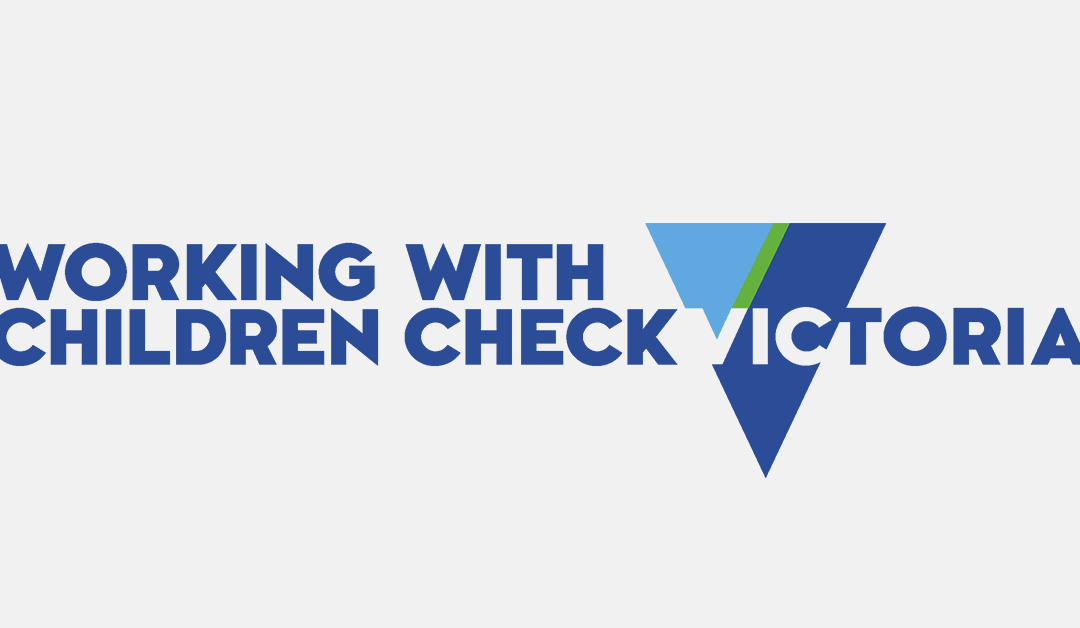Being investigated for, or charged with, a criminal offence can sometimes have unintended consequences. One of those consequences includes the loss of a Working With Children Check. This can have a serious impact on your career or volunteer work, if it involves child-related work.
Working With Children Checks in Victoria are governed under the Worker Screening Act 2020 (‘the Act’). Galbally Parker Lawyers has had many clients receive a Working With Children Exclusion (‘WWC Exclusion’) following involvement in a criminal matter. In this blog, we will help you understand why this might have happened and what your options are if you have been given a WWC Exclusion.
I’ve Just Received a WWC Exclusion – What Do I Do?
A person who does not pass their Working With Children Check is given a WWC Exclusion. Anyone who has been investigated in relation to a criminal offence, charged with an offence or ultimately convicted of a criminal offence may be issued with an Interim WWC Exclusion in the first instance. This gives you the opportunity to make submissions to the Department about why you should receive a WWC Clearance. You should contact a lawyer if you are in this position, as the submissions you make are crucial to whether or not you are issued with a WWC Clearance.
Categories Under the Act
The Act provides that all applications involving a criminal charge, a finding of guilt or a conviction, fall into one of the following categories:
- Category A applications
- Category B applications
- Category C applications
The category that you fall into will determine how you respond to the Department’s decision to issue you with an Interim WWC Exclusion.
Broadly speaking, Category A applications apply to people who are subject to the Sex Offenders Registration Act 2004 and orders including supervision or detention orders. In these circumstances, the Department must refuse to give the person a WWC Clearance unless there is a relevant change in circumstances and the Department is satisfied that exceptional circumstances exist which justify the grant of a WWC Clearance.
Generally, Category B and C applications apply to people who are charged with, convicted of or found guilty of criminal offending for relevant offences under Schedule 2 or 4 of the Act. These offences may or may not involve children. In these applications, the Department must refuse to give a WWC Clearance unless satisfied that doing so would not pose an unjustifiable risk to the safety of children, having regard to a number of factors. In relation to Category C applications, the Department must also issue a WWC Clearance unless satisfied that a reasonable person would not allow their child to have direct contact with the applicant while the applicant was engaged in any type of child-related work, or the applicant’s engagement in any type of child-related work would pose an unjustifiable risk to the safety of children.
It is important that you speak to a lawyer prior to making submissions on why you should receive a WWC Clearance, so that you understand the factors which you need to address in order to strengthen your position.
The Act otherwise requires that the Department provide a copy of your WWC Exclusion to any organisation that engages you in child-related work. If you have been issued with a WWC Exclusion, you should contact your employer as soon as practicable and make arrangements to cease any child-related work. It is an offence to engage in child-related work without a Working With Children Clearance.
When can I Reapply for a WWCC if I have Received an Exclusion?
If you have been given a WWC Exclusion, you are not entitled to make a further application until five years after the date that the WWC Exclusion was given. However, there is an exception to this – you may reapply for a WWC Clearance if there has been a relevant change in circumstances since that date. For example, if you were charged with a criminal offence, this would include being acquitted of criminal charges, either at trial or on appeal.
If you have been issued with a WWC Exclusion and want to know if you can apply to have it removed on the grounds of a ‘change in circumstances,’ contact our office for advice.
How do I Appeal the Department’s Decision to Issue me with a WWC Exclusion?
The Victorian Civil and Administrative Tribunal (‘VCAT’) has the power to review the Department’s decision to issue a WWC Exclusion. The Tribunal can affirm the decision, set it aside or send the matter back to the Department for reconsideration. If you wish to appeal to VCAT, you must do so within 28 days of the date of the decision. The application can be made online and an application fee is payable when lodging your application.
VCAT hearings can be complicated, as they involve the preparation of supporting material and detailed written submissions in support of an application. Galbally Parker Lawyers are experienced in helping people successfully appeal their Working With Children Exclusions under the Worker Screening Act 2020.We assist clients across Melbourne with their criminal matters, including Frankston, Moorabbin, Werribee and Dandenong. If you need advice or assistance with your application, call (03) 9670 8771 immediately.
Information accurate as of September 2024. This information may change at any time and so it is always important to get tailored and up-to-date legal advice.


